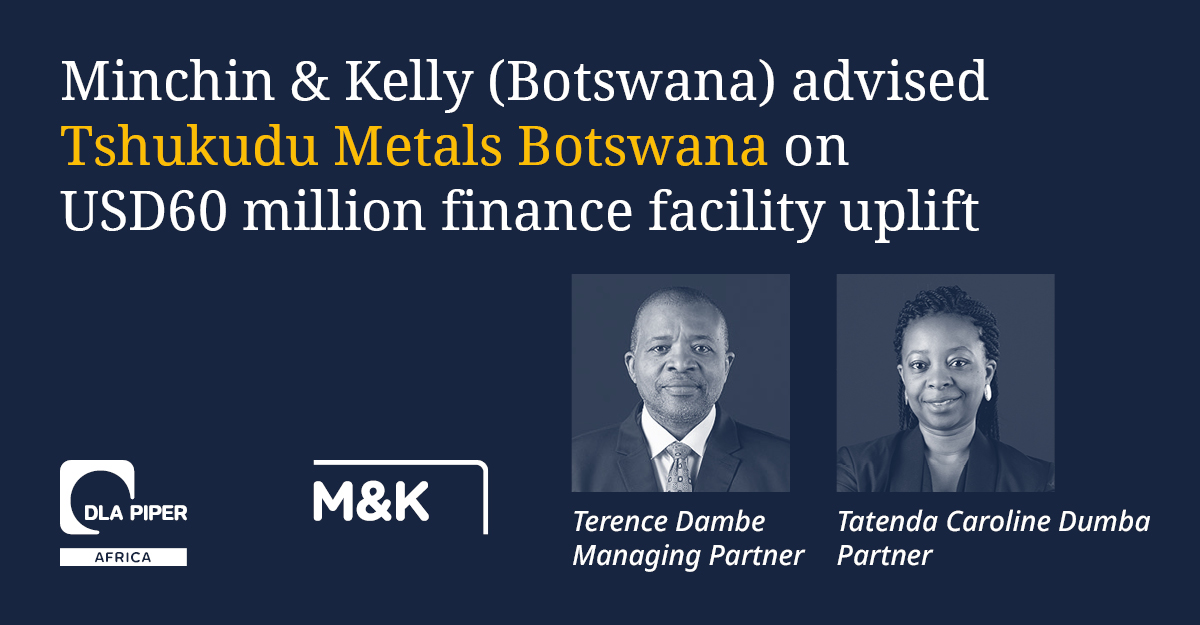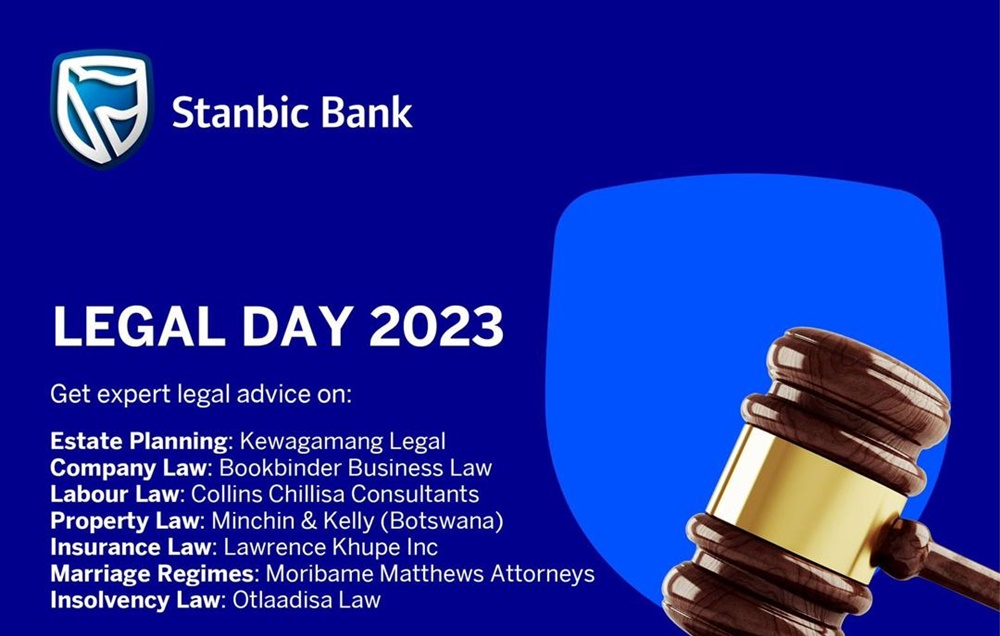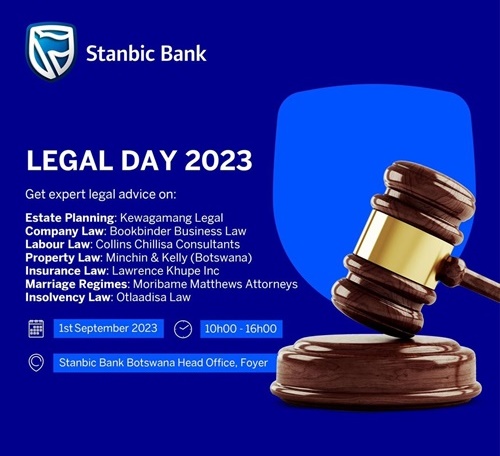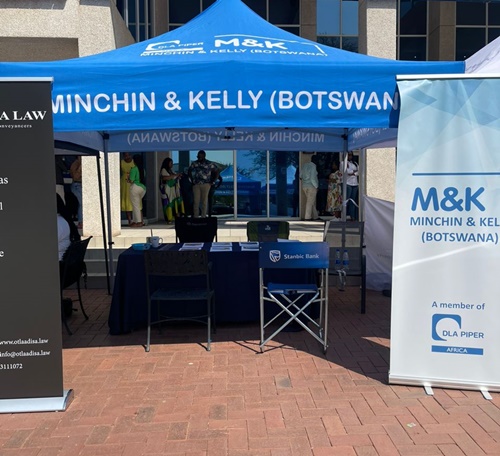In our normal daily lives, whenever a friend, relative or colleague asks us to assist them “urgently!”, we understand them to be asking us to assist them at once. As such, we usually assist them immediately. Sometimes we assist them as soon as possible, but not immediately. This is generally because we view urgency differently.
What they may view as urgent, we may not.
The situation is similar when it comes to urgency in the context of court proceedings. As with our normal day-to-day interactions, whenever we approach court on urgency, we are asking the court to attend to our matter immediately. Also as with our normal day-to-day interactions, what a litigant may see as urgent, the court may not. More on this point later.
What we must appreciate is that when approaching court on urgency, we are asking the court to disrupt its normal schedule, to allow us to jump the queue and have our matter heard first.
Disrupting the court schedule and allowing our matters to be heard first because they are “urgent” potentially prejudices those litigants who have been patiently waiting for their turn, and who may have more deserving cases. There are also those eager beavers who just don’t want to wait for their turn and therefore proceed on “urgency”. Undoubtedly, even in our normal day-to-day lives we are met with such abuses.
To guard against such prejudices and abuses, our courts require the party seeking to be heard urgently (“the applicant”) to set out:
- firstly, the facts which render their matter urgent; and
- secondly, the reasons why they cannot be afforded substantial redress at a hearing in due course.
The applicant must satisfy the court that their matter is urgent in their affidavit. Should they fail to do so, their case will not be heard by way of urgency and will get placed at the back of the line.
In terms of the first requirement, the applicant must appreciate that it is not enough to simply say that the matter is urgent. In the words of our learned former justice of appeal Gaongalelwe J.A, “mere lip service to the requirements of urgency can never suffice.”
An applicant must set out those facts which make the matter urgent and in doing so, the applicant is obliged to make full and frank disclosure. Therefore, even those facts which are averse to their case must be disclosed.
In terms of the second requirement, the applicant must demonstrate that they will suffer irreparable harm if their case is not heard urgently.
Based on the allegations made in their affidavit, the court will either hold the matter to be urgent or not. If the court decides that the matter is urgent, it will allow the matter to jump the queue and be heard immediately. If, however, the court decides that the matter is not urgent, the applicant will go to the back of the line.
One must therefore understand that in as much as they may see their matter as urgent, the court may not see it the same way. This is because the court considers the matter objectively; a perspective which can differ with that of the applicant.











